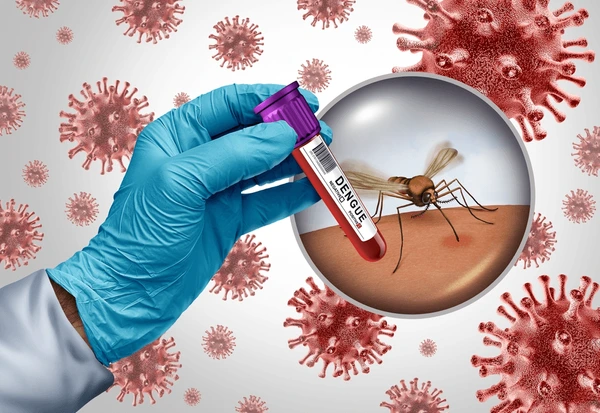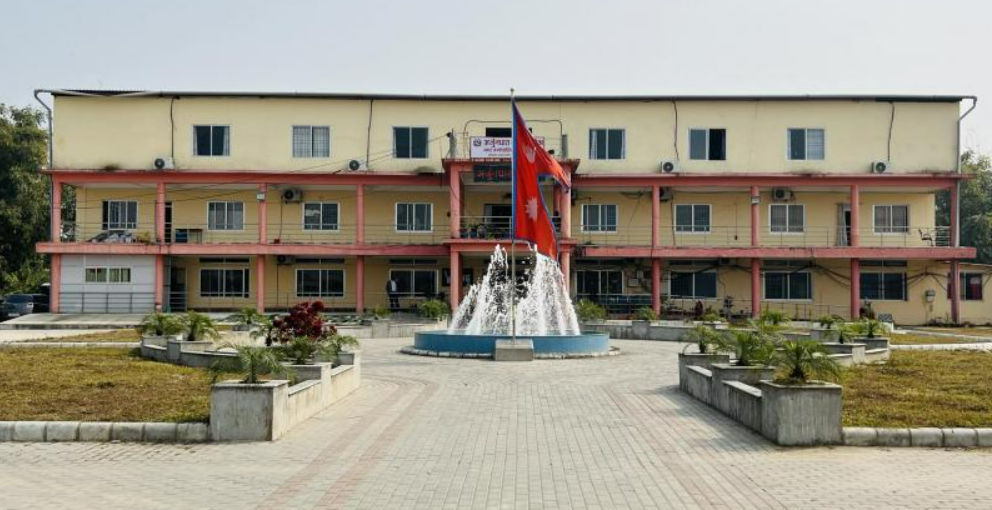Dengue infections are once again on the rise in Nepal, with the eastern district of Jhapa emerging as a growing hotspot. According to the Epidemiology and Disease Control Division (EDCD), the number of confirmed cases in the district has climbed to 39, with Birtamod Municipality alone accounting for 37 of those cases — raising fresh public health concerns as the summer monsoon season approaches.
Birtamod, a densely populated urban hub in eastern Nepal, has long been considered vulnerable to mosquito-borne diseases. Health officials say the city's infrastructure, combined with water stagnation and rapid urbanization, is exacerbating the risk.
"We're seeing the start of the seasonal dengue trend that typically peaks between Asar and Asoj," said Ramesh Bahrakoti, Chief of the Jhapa Health Office. "This year is no different — cases are rising earlier than expected, and Birtamod is particularly affected due to its high population density."
In addition to Birtamod, single cases of dengue have also been confirmed in Damak and Gauradaha municipalities. Bahrakoti stressed that continued vigilance is needed as transmission can occur year-round in Jhapa's subtropical climate.

Dengue, a potentially serious illness caused by the dengue virus and transmitted by the Aedes aegypti mosquito, is characterised by high fever, severe headaches, joint pain, and rashes. In severe cases, it can lead to hemorrhagic fever or even death. Jhapa reported two dengue-related fatalities last year.
Nationwide, the outbreak is spreading at a concerning pace. Since Poush (mid-December), Nepal has reported a total of 1,081 confirmed infections across 71 districts — a reminder that dengue is no longer limited to the Tarai or a few urban centres.
The Bagmati Province leads the national case count with 297 infections, followed by Koshi (239), Gandaki (182), Lumbini (163), Sudurpaschim (156), Karnali (30), and Madhesh (14).
Public health experts are urging residents to take precautionary measures to prevent mosquito breeding and bites — including the use of repellents and mosquito nets and eliminating stagnant water sources in and around homes.
"As we approach the peak dengue season, prevention must be a community-wide effort," said a senior EDCD official. "Early diagnosis, public awareness, and vector control are crucial to minimising the impact."
With Nepal's monsoon season just weeks away — and no dengue vaccine yet available in the public healthcare system — local governments are racing against time to ramp up surveillance and response efforts.
Key Preventive Tips:
- Avoid standing water around homes.
- Use mosquito repellents and protective clothing.
- Sleep under mosquito nets, especially during early morning and late afternoon.
- Seek medical attention if symptoms like high fever, rashes, or severe body aches appear.







